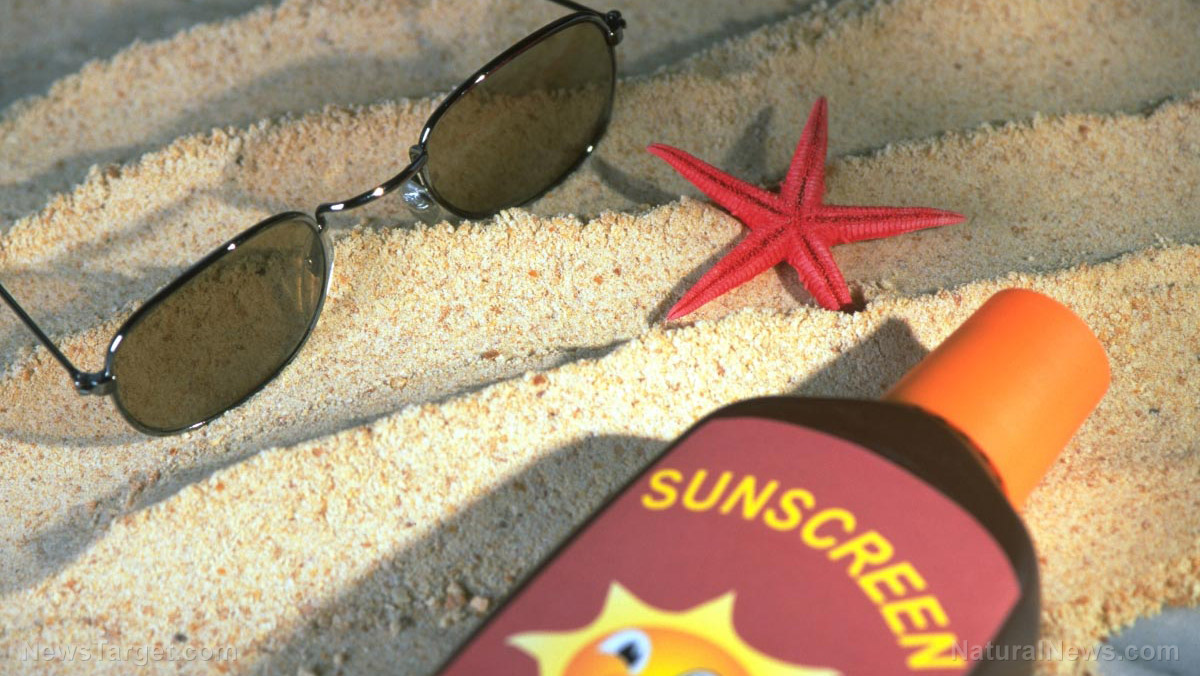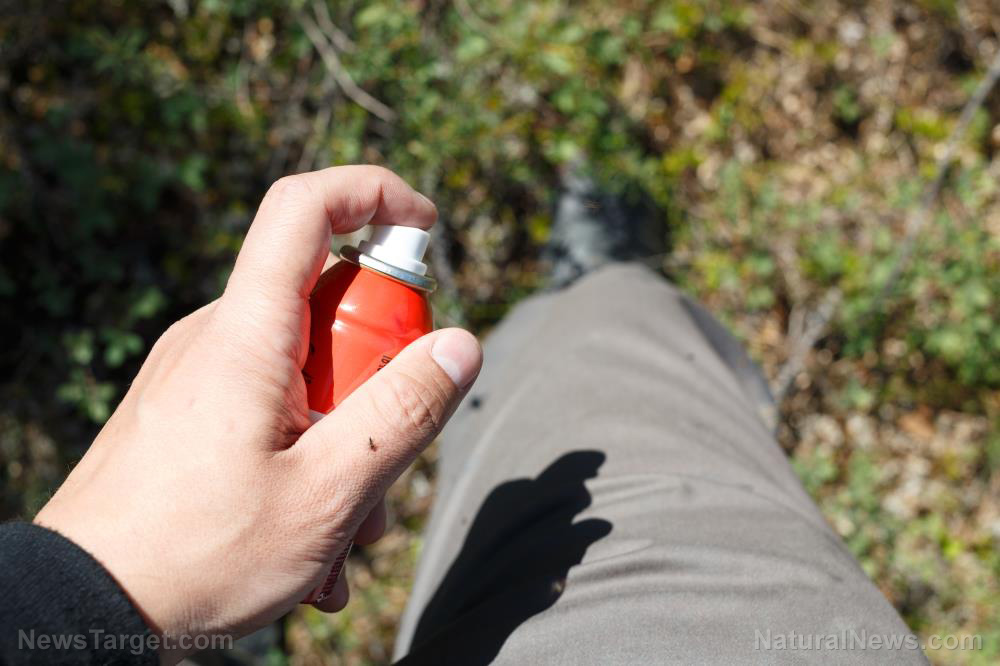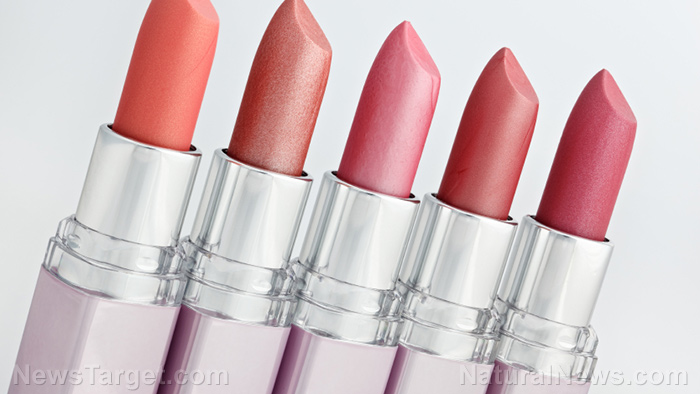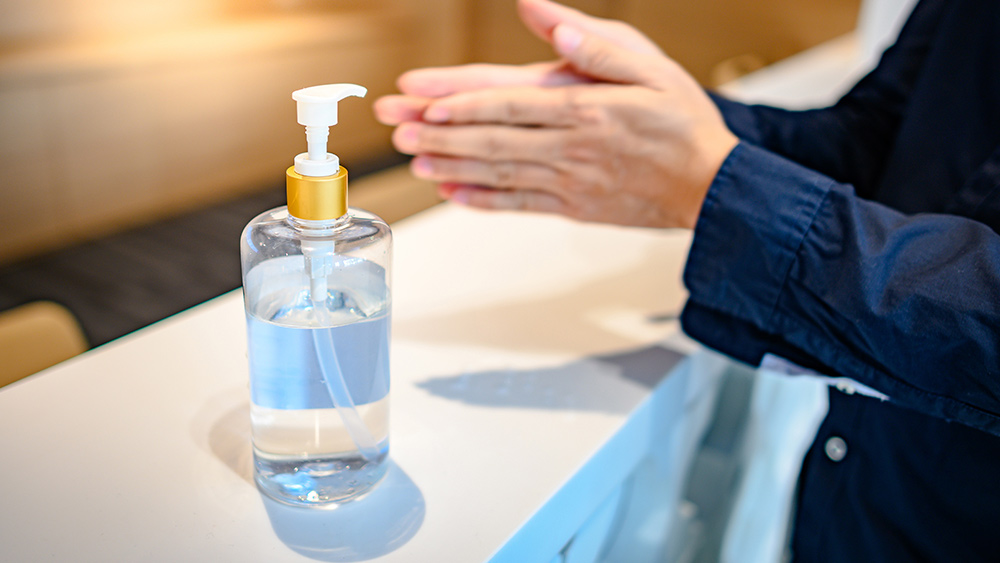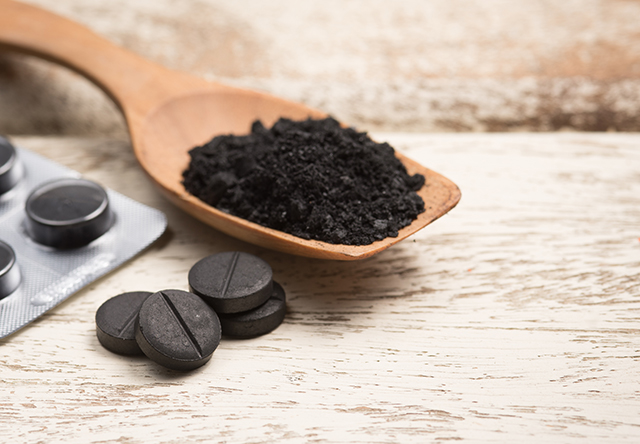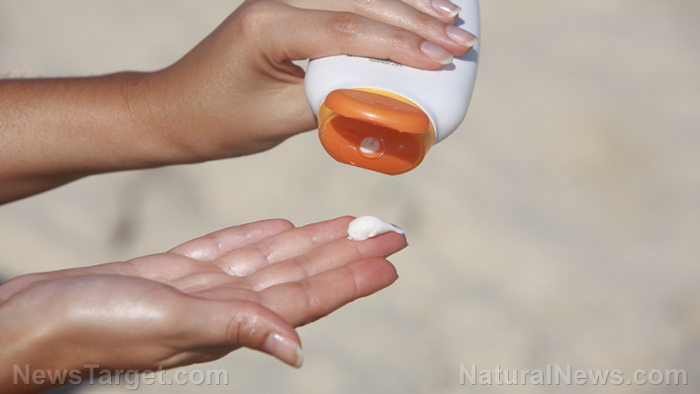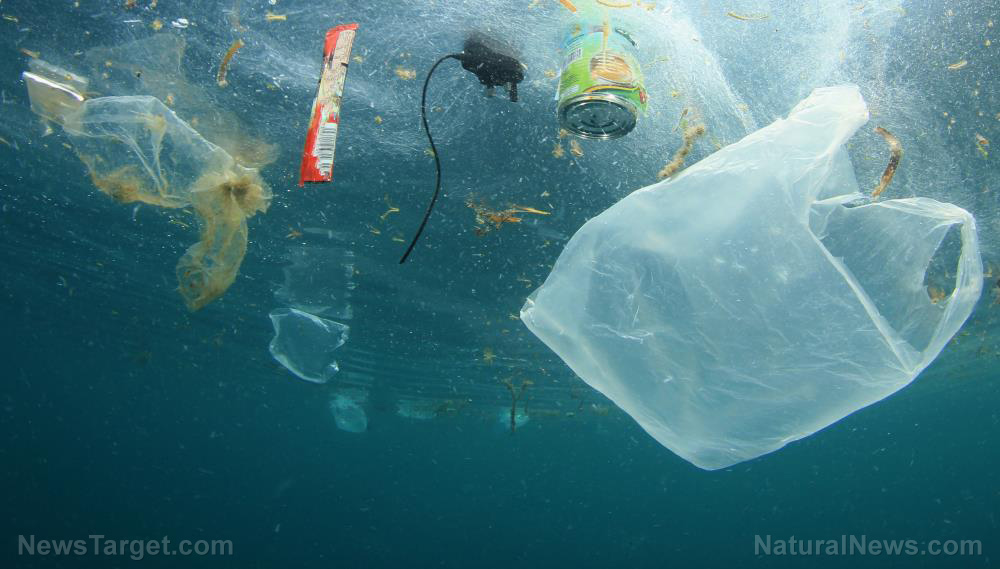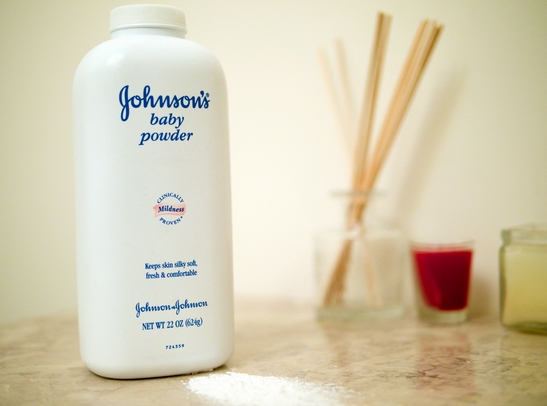Author of “Inspired by Nature, Proven by Science” obliterates the myths about sunscreen lotions and reveals natural skin cancer treatment that causes cancer cells to commit suicide
06/15/2021 / By S.D. Wells
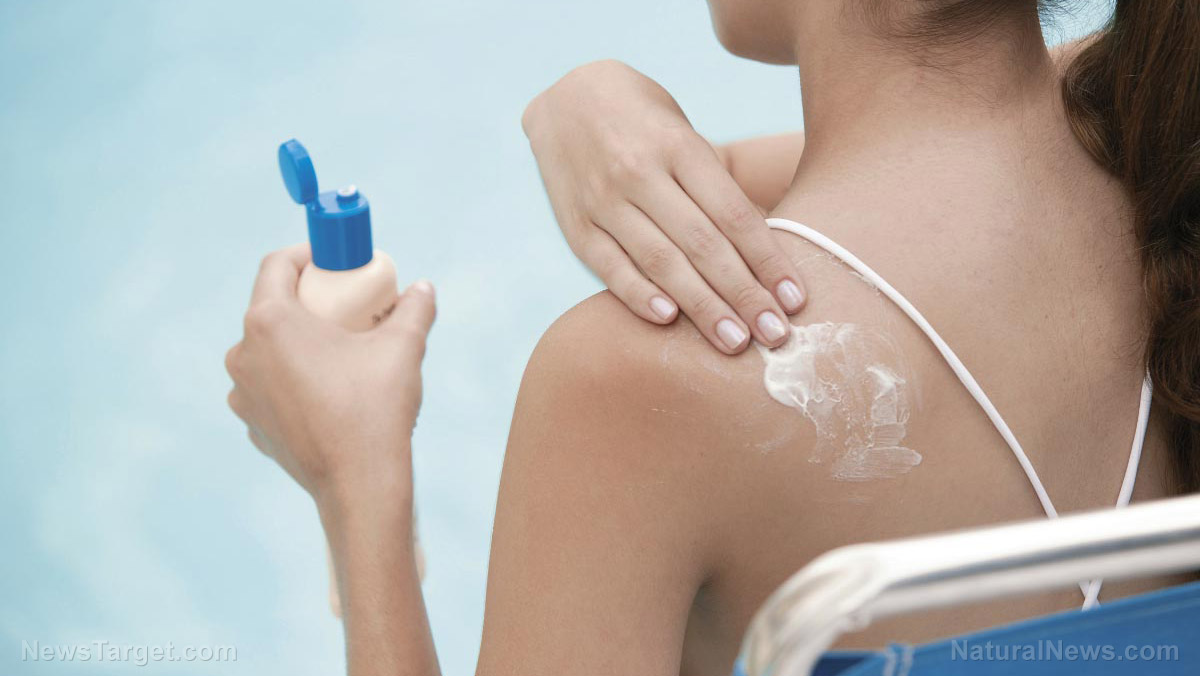
Who’s ready for the facts and the science about sunscreen lotions and their effect on the body, plus natural alternatives that can repair damaged skin by programming cancer cells to off themselves, all while protecting healthy skin cells? We thought you might be. Did you know that skin cancer is more prevalent than all other types of cancers combined? Every year, at least two million Americans develop skin cancer of some type, and the rates are increasing due to more use of chemicals and toxins in the environment, in food, in prescription medicine, vaccines, personal care products, and yes, in sunscreens.
According to Dr. Bill Cham Ph.D., author of Inspired by Nature, Proven by Science, there is NO strong scientific evidence to be found anywhere that sunscreen use prevents skin cancer. In fact, frequent sunscreen users experience a HIGHER incidence of melanoma, not lower.
Here are some common misnomers about “protecting the skin” from the sun and which toxins so many of us are guilty of using to do it. Did you know that the SPF rating on sunscreen products only pertains to the blocking of the sun, but not to preventing cancer? Almost all of the most popular sunscreen products contain ingredients that cause and exacerbate skin cancer, while blocking the sun’s UV rays that the skin uses to produce vitamin D that REDUCES the risk of melanoma and other cancers.
At least one hundred million Americans lather up their whole body with toxic, cancer-causing sun-block and sunscreen lotions and sprays every time they go out in the heat of summer. It’s a false sense of security, like vaccines, with no proven benefits, only harmful ingredients that cause chronic, long-term, deadly effects (cancerous cell mutation and multiplication). In fact, skin cancer is now rated the most common illness in men over the age of 50 — even MORE COMMON than lung cancer and colon cancer. This warrants a closer look.
The science of skin cancer prevention is in… and natural is the way to go
What if you could kill cancer cells when they are just being formed and starting to grow, instead of waiting until it’s so bad you have to have a dermatologist/surgeon burn it or cut it out? What if your skin care, sun-block, sun screen lotion stimulated your immune system and still helped fortify your body with vitamin D? Wouldn’t that just be the perfect sunscreen cream?
As it would be, a synergistic complex from one of humankind’s most utilized plant families (nightshades: potatoes, tomatoes, peppers, eggplant), called Solanaceae, exhibits cytotoxicity for certain carcinoma cell lines, meaning they naturally kill skin cancer by triggering apoptosis (programmed cell death or cell “suicide” for the hepatocellular carcinoma cell line).
In a scientific study, researchers were able to trigger apoptosis of the HepG2 carcinoma cell line using BEC glycoalkaloids (phytochemicals) extracted from eggplants, proving they could stimulate the immune system and kill not only existing cancer cells but also those just being formed and beginning to grow. Now proprietary sunscreens are beginning to get popular for preventing and battling skin cancer, thanks to validating research and investigative journalism.
Folk medicine for cancer, solasodine glycoside, dates back to Australian farmers who used it to cure eye cancers in cattle
Decades ago, Australian farmers made a poultice from the fruit of a weed called Devil’s Apple (Solanum linnaeanum from the Solanacea family of plants) that cured cancers of the eye in cattle. It works by bonding to a receptor on the surface of cancer cells. The cancer cell eats the eggplant extract (like sugar), which causes the cancer cell to rupture, destroying it.
Now people around the world are using it to prevent having to get surgery, including for non-invasive and invasive melanoma skin cancers. Over 80,000 cases are documented successful to date, without destroying any healthy cells/tissue, and in zero cases has the cancer returned. That’s powerful.
Tune your internet dial to NaturalMedicine.news for more natural cures and indigenous remedies for every thing else under the sun.
Sources for this article include:
Tagged Under: alternative medicine, Cosmetics, melanoma, natural cures, natural medicine, plant medicine, skin cancer, solasodine, sunscreen
RECENT NEWS & ARTICLES
COPYRIGHT © 2017 COSMETICS NEWS





